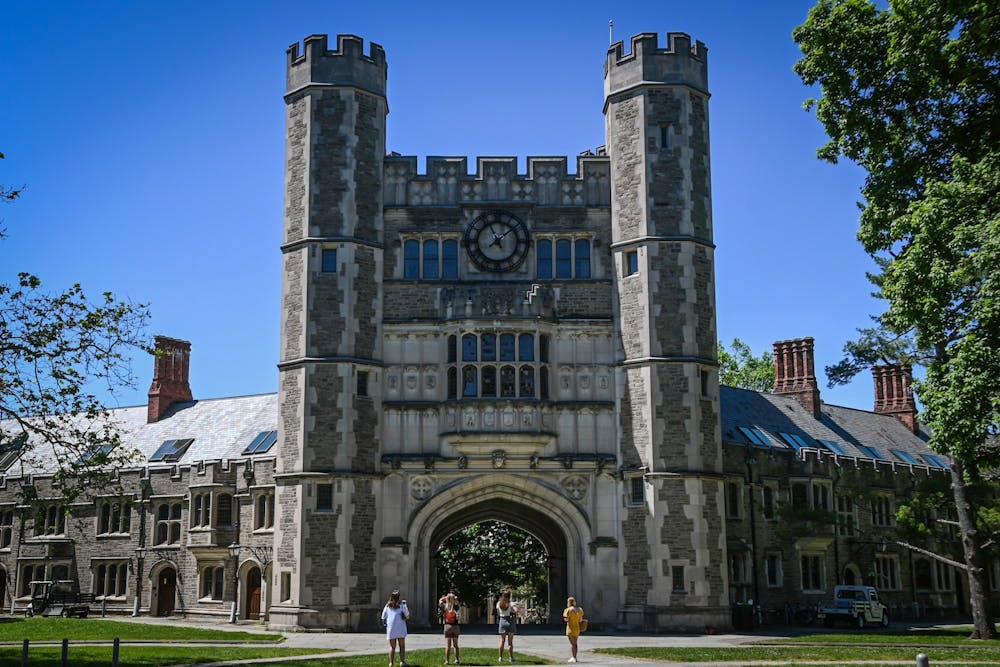Princeton University filed a motion to dismiss a religious discrimination lawsuit from a former employee alleging that she was fired due to her religious objections to its COVID-19 requirements.
Kate McKinley, a former budget analyst at Princeton, filed the suit in August, alleging that while she was granted a religious exemption from receiving the COVID-19 vaccine, she was not exempted from the university's masking, testing, and contact tracing protocols.
In the motion, which was filed on Sept. 20, Princeton maintains that there was no religious discrimination against McKinley, saying in the filing that she did not specify her religious objections to those requirements, and instead shared “generalized medical objections, including that healthy people should not have to wear masks," according to The Daily Princetonian.
“The University handled this former employee’s accommodation request fairly, appropriately, and in accordance with the applicable laws and internal policies," a Princeton spokesperson told the Princetonian.
McKinley initially filed the lawsuit on the grounds of Title VII of the Civil Rights Act of 1964, the New Jersey Law Against Discrimination, and the Genetic Information Nondiscrimination Act.
Princeton's filing argues that McKinley's firing did not violate any of the acts. They cite prior precedence to dismiss the claims of violating Title VII of the Civil Rights Act of 1964 and NJAD.
They allege that GINA was not violated because McKinley didn't allege that the saliva samples were being used for "any purpose other than COVID-19 testing" nor did she allege that she was fired due to her genetic information.
Princeton’s dismissal motion will be heard in court on Oct. 17.
RELATED:
Ivy League student groups call for divestment amid Fossil Free Penn encampment
Columbia students and Harlem residents protest gentrification
Exemptions from the COVID-19 vaccine requirement at Penn were also only granted for medical and religious reasons. While other COVID-19 requirements, like masking and testing, were lifted, the University still requires all undergraduate students to be fully vaccinated and have received their booster shot.









